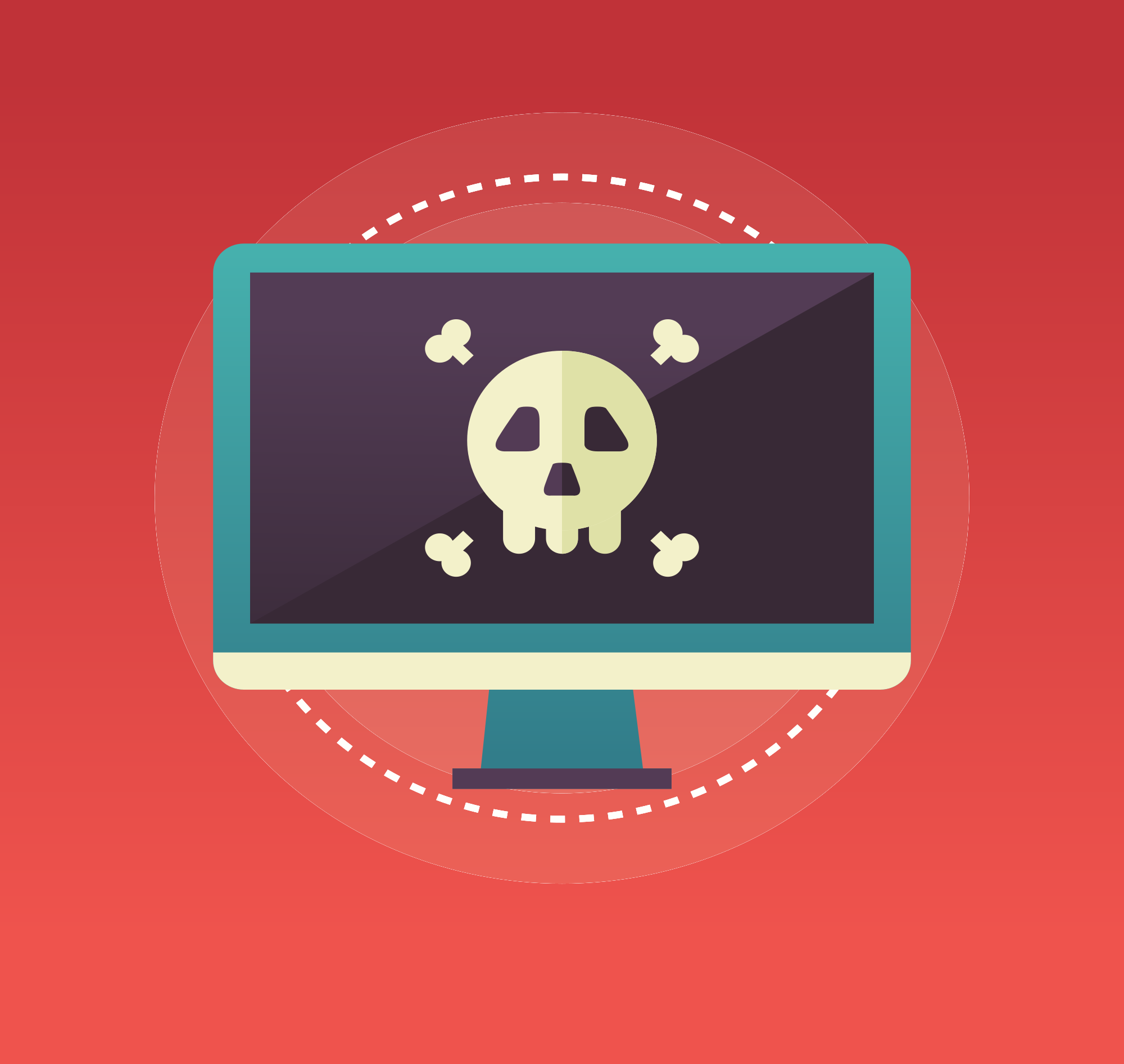What is the “Dark Web”?

The Dark web is a common term that we hear a lot these days on the news or TV shows we watch. It’s a term often used to describe the source of all online cybercrime – but what does it actually mean?
Think of the dark web as an online black market. You can purchase drugs, counterfeit bills, credit card numbers, hacked login credentials to web applications, fake ATMs and so much more. The term “Dark Web” has become a catchall term used for any illegal online activity that is not generally accessible through a normal web browser and internet searches.
So – if you can’t access the dark web through a typical web browser, how can you access the dark web? Typically – this is done using a free anonymizing browser called TOR. TOR stands for “The Onion Router” and it uses multiple connection relay to keep your connection as private and secure as possible. Using TOR is not illegal – if you are not using it for malicious purposes. In fact, TOR’s mission is to help their users protect themselves online from prying eyes, malicious surveillance and maintain your privacy online. Unfortunately, these tools work so well that it also enables cybercriminals to anonymize themselves and complete illegal activities for profit.
It is important to note however that not everything on the dark web is necessarily bad. In fact – many individuals in foreign countries will access the “dark web” to share information or opinions that could have them persecuted by their own government. Even the BBC has an online presence on the Dark Web for this exact reason.
Understanding a data breach
A data breach is typically perpetrated by a single or a group of cybercriminals. Often, the cybercriminals that steal your data or that are responsible for large data breaches will not use this data personally – but instead will sell it to make a profit. This is where the dark web comes in.
Using an anonymous marketplace on the Dark Web, cybercriminals can list their stolen information for anyone to purchase. When your information is stolen or compromised in a data breach, it’s not just one cybercriminal you need to worry about using your data, it’s thousands from around the world that purchase your data and use it as they wish.
Different data sells for different prices
A conservative estimate in 2018 reported that cybercrime generated at least $1.5 trillion dollars and that number is quickly growing every year. Individual hackers may earn around $30,000 for one job.
Here are other valuations of stolen data:
- Bank cards valued at $1000: $79.
- Personal information: $13
- Forged passport: $700
- Driver’s license: $800
- PayPal account worth up to $12,000: $1,200.
- The entire database of over 50,000,000 records of MyFitnessPal: $4,218
Protecting yourself from the Dark Web
As we learned in our password etiquette module of this series – information such as passwords purchased on the dark web can be the cause of your company’s data breach.
Unfortunately, we cannot stop all data breaches, especially when many times these breaches are caused by other companies with no fault of our own. So how can we protect our information?
The key is to always be one step ahead. Rather than reacting to a breach, take a proactive approach to protecting your data. Always use strong passwords and never reuse them across other sites. If you’re not planning on applying for a loan anytime soon, consider putting a credit freeze or credit lock on your account.
Finally, additional tools are available to monitor your information on the dark web. Work with your IT provider to learn about how they can help monitor your information so if it is found on the dark web, you will be the first to know.
Previous Chapter: BEM Scams